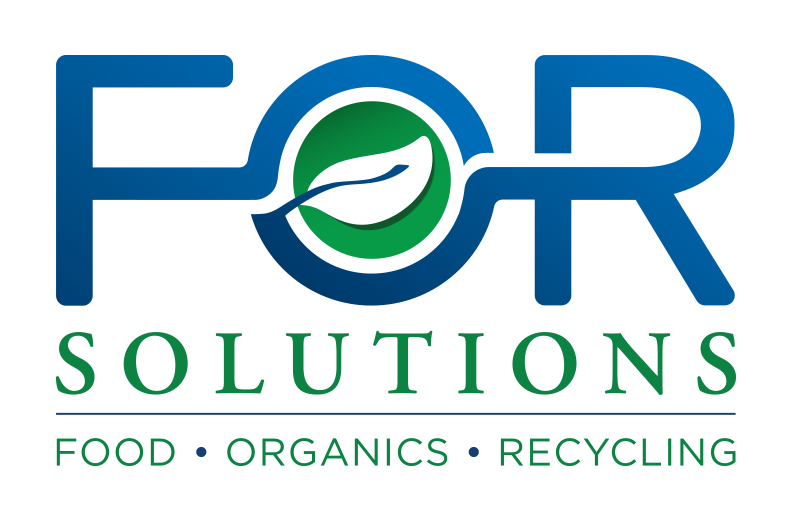Why Compost Uneaten Food?
A poster that used to hang in the United States Capitol declared, “Composting—along with saving energy, conserving water, and reducing fossil fuel use—is one of the most Earth friendly things you can do.” While composting is a more sustainable way to manage biodegradable discards than landfilling or incinerating, it must be remembered that all compost is not created equal! If, for example, the raw ingredients used to create compost are low in nutrients, for example dead twigs, branches and leaves, then the compost will also be low in nutrients. If, on the other hand, the raw materials are very high in nutrients both in quality and quantity, for example food, then the compost will be high in nutrients.
This is because as the Law of Conservation of Matter teaches, matter cannot be created or destroyed; it may only be converted from one form to another. So, all of the multitude of nutrients that are in food (the reason we eat it in the first place), remain in the compost.
The issue is that of all uneaten food generated in the U.S. annually—about 80 billion pounds—only about 3 percent is recovered and composted. The other 97 percent ends up either in a landfill or an incinerator. Unfortunately, both of these management options have negative environmental consequences. Landfilling food leads to methane emissions because what little decomposition that occurs in landfills does so under anaerobic (no oxygen) conditions and to leachate (liquid extract) that may contaminate groundwater and cause unpleasant odors. Methane is a gas that acts as a blanket trapping heat in the atmosphere that would normally be radiated to space by redirecting it back to the surface. It is believed that increasing concentrations of methane in the atmosphere is causing the climate to warm. Incinerating food is problematic because food does not have a high energy value because of its high water content, so when it is burned, it is often at a temperature far lower than what is optimal for the combustion process. This results in the operator having to supplement with fossil fuels in order to maintain the required core temperature.
Other reasons why food should, perhaps must, be composted have to do with peak oil and peak phosphorus. Peak oil means that humans have passed the peak of the most amount of oil that may be pumped from the ground over any period and are now on the downward slope of production. Think of a roller coaster at the highest point, the peak, of the ride. Once past that point, it is all downhill! That is the situation that many scientists believe describes the amount of oil remaining: there is less today than there was yesterday. Peak phosphorus is the same concept only having to do with the mined mineral. What the two have in common is they are both are used to manufacture synthetic fertilizer. So, when both are gone, how are fertilizers going to be made? The answer is compost! And not just any compost; food compost.
It was been suggested in 1964, “During the next 50 years, composting will in its own way be of greater total benefit to [hu]mankind that has the automobile….It is firmly believed that conservation of these wastes should become part of our way of life, or eventually our nations will suffer.” It’s time to make it a reality.


